Algae Biofuel Breakthrough
Scientists have overcome a major challenge in the commercial production of biofuel.

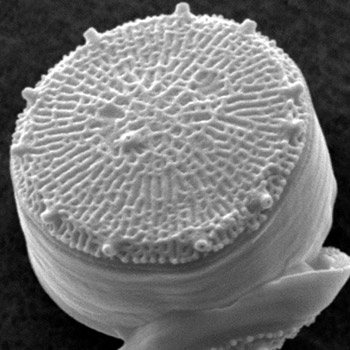
Scientists have overcome a major challenge in the commercial production of biofuel.
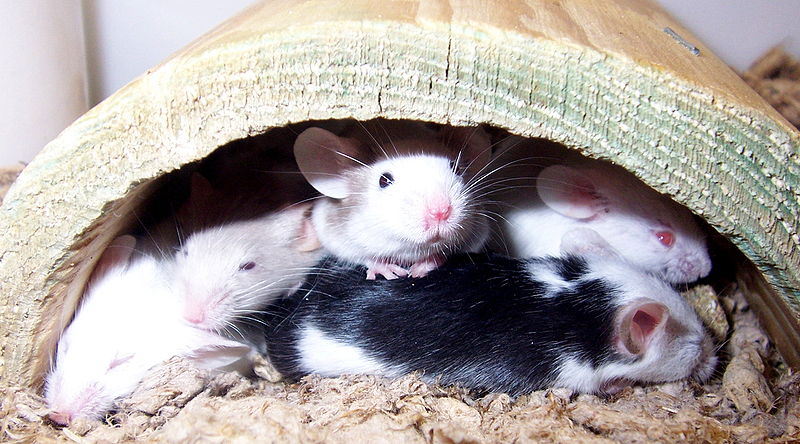
A common drug reverses social deficits and repetitive behaviors in mice with autism-like symptoms.
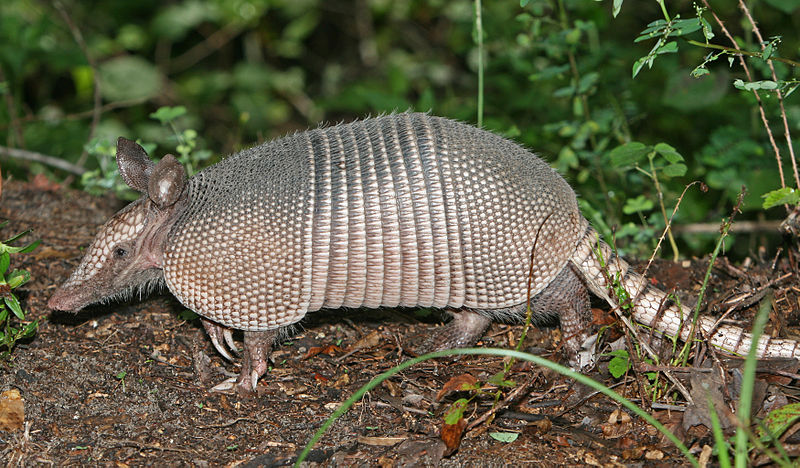
The armadillo’s poor eyesight is helping researchers understand the genes behind certain forms of blindness.

YOUNG BRAINS - Just how long does the teenage brain take to mature? How teenagers with autism see things differently. And, scientists reverse autistic-like symptoms in adolescent mice. Also: can you put barcodes on brain cells? And, what casino rats can tell us about gambling addiction.

Researchers are studying the genetic factors that keep a small percentage of us extremely healthy, well into old age.
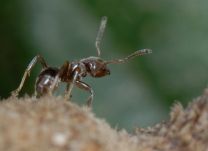
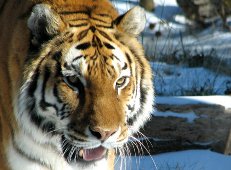
ANIMAL & HUMAN HEALTH - A special report on the relationship between animal and human health, from pet obesity to cancer in tigers. Also, why spiders have prompted a massive Toyota recall. And, a citizen science project that’s pretty batty.
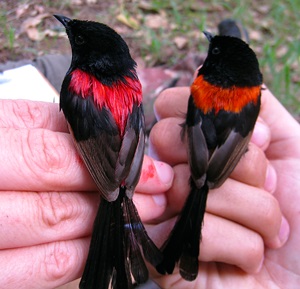
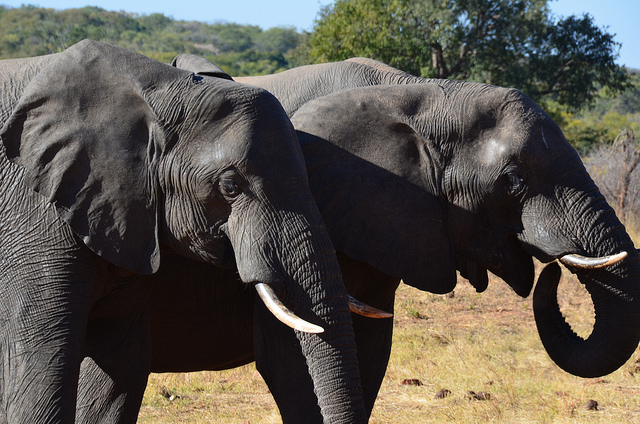
Elephants, unlike mammals much more similar to us, seem to instinctively understand pointing gestures.
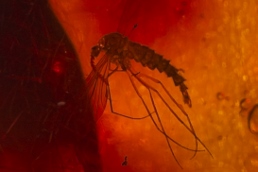
INSECTS & SPIDERS - Could spider venom be the next insecticide? Why mosquitoes smell you better at night. And debunking the myth of extracting dinosaur DNA from insects preserved in amber. Also, insect legs that bear an uncanny resemblance to modern machinery.
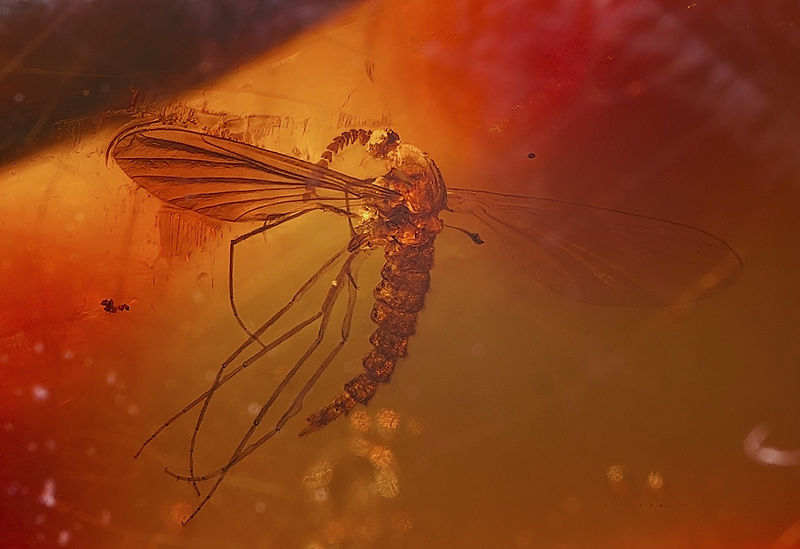
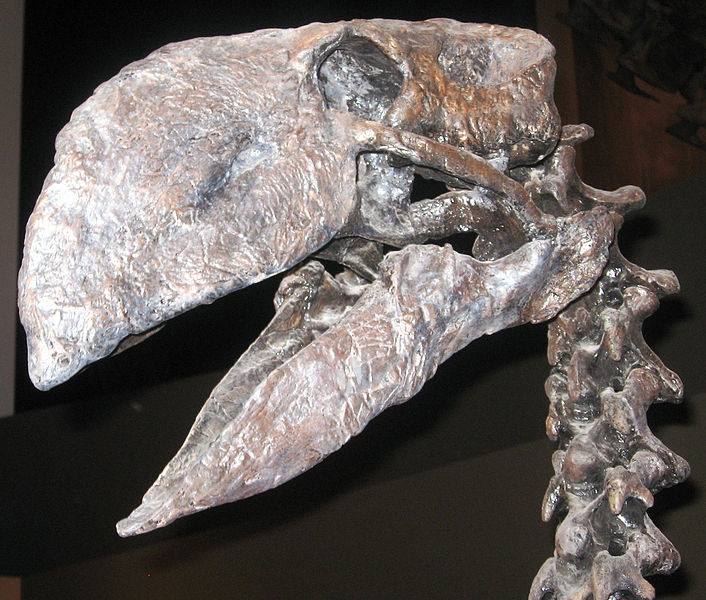
Giant flightless birds with enormous beaks once roamed the earth. Did they feast upon flesh, or gobble up plants?
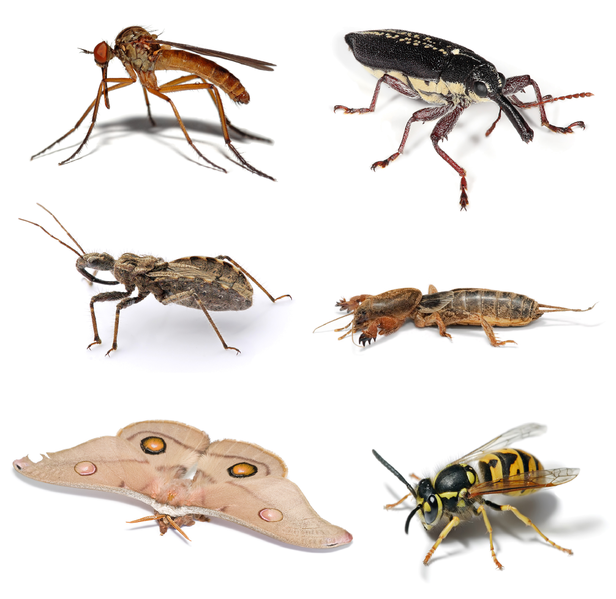
New research shows that marijuana may be harmful to adolescent brain development.
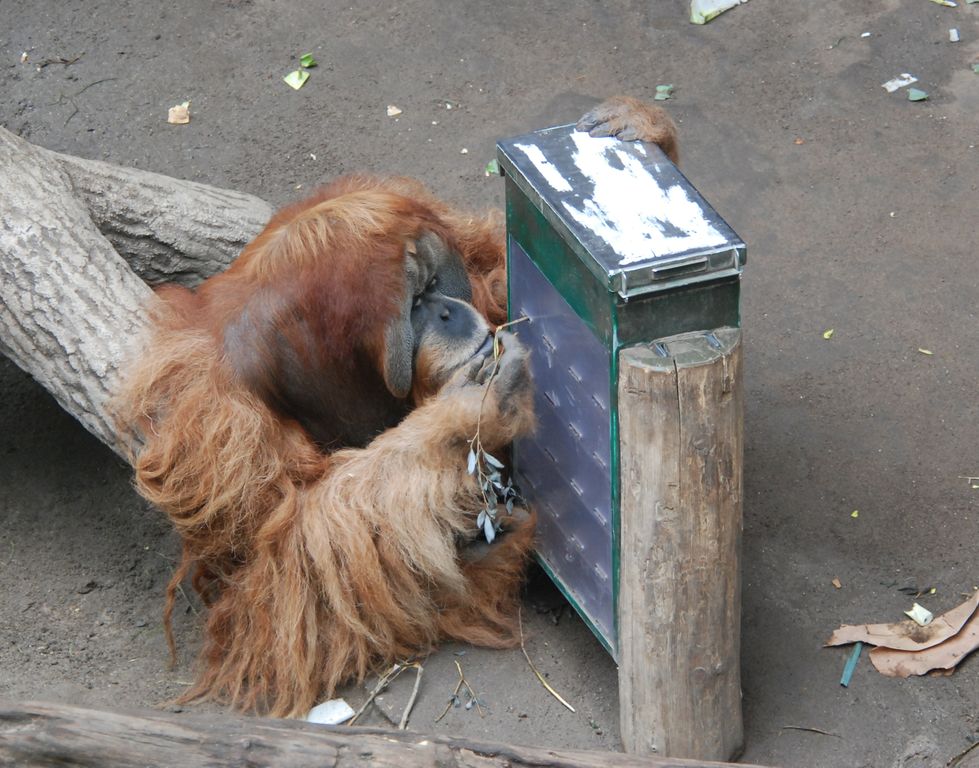
Like humans, chimpanzees and orangutans can remember events that took place years in the past.
The world's largest dinosaurs had to replace their teeth constantly to keep up with all their eating.


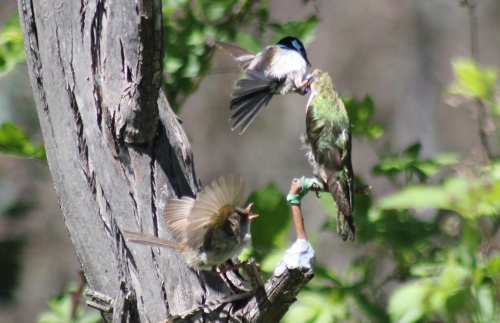
Young Australian birds learn who their enemies are by watching their parents.
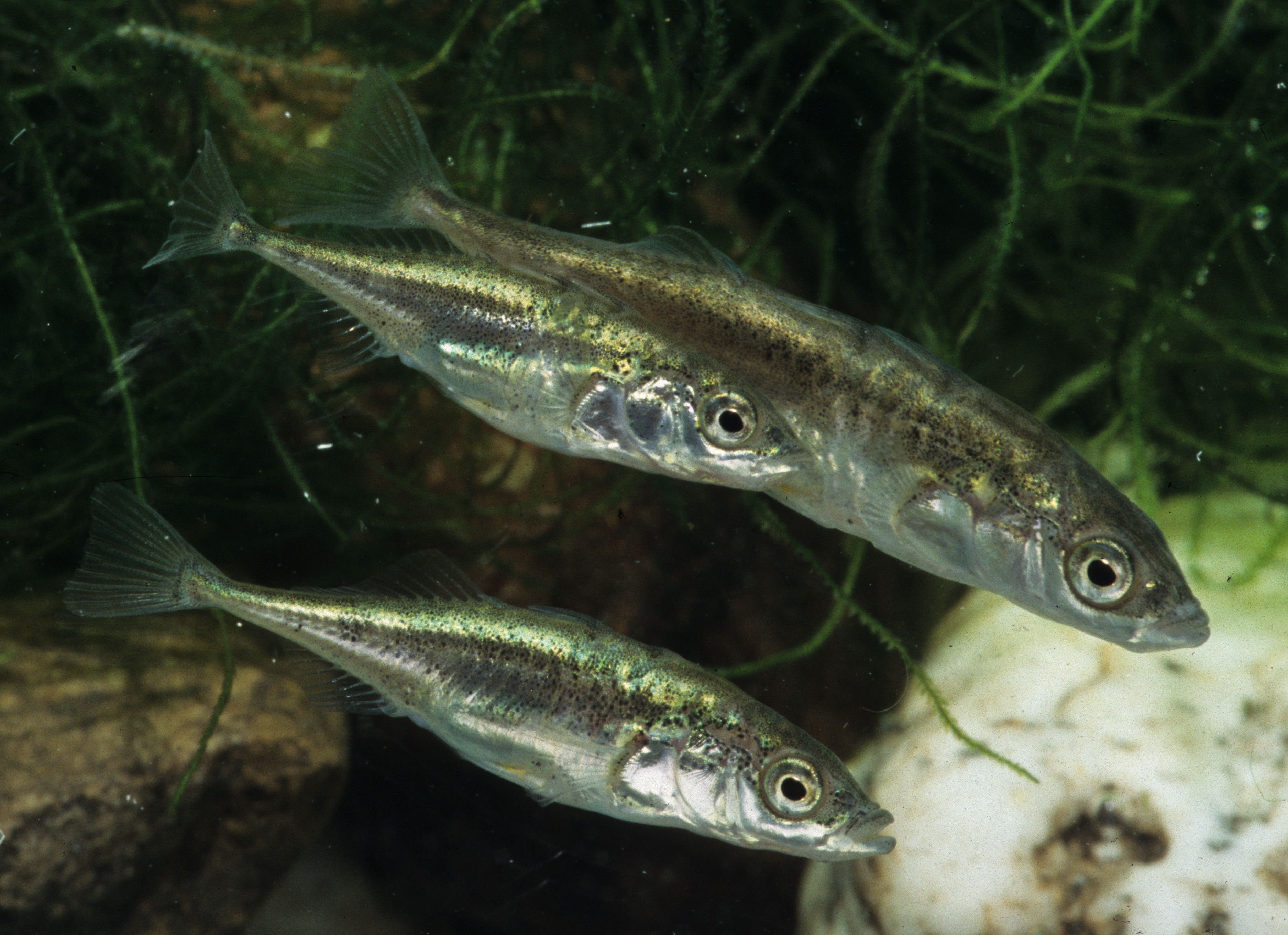
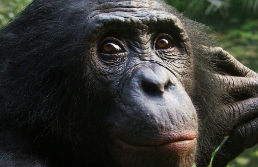
BRAINS & BEHAVIOR - When apes take a gamble. The value of precision in negotiations. And a new approach to targeting drug addiction in the brain. Also: what above-ground nuclear tests in the mid-20th century can tell scientists about the brain.
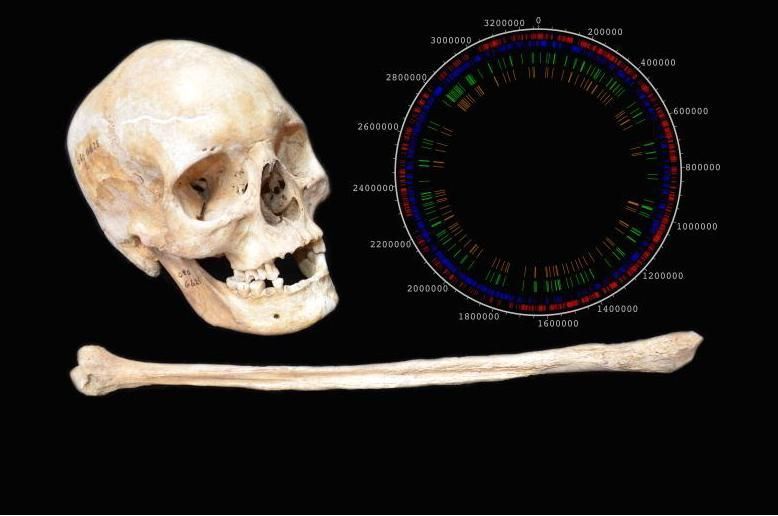
Microscopic organisms represent a vast, unexplored territory for biologists trying to understand the earth’s ecology—including the ecology inside our homes and even our bodies.
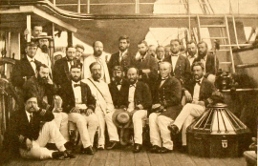
WHEN SCIENCE MEETS HISTORY - Ocean temperature records from a 19th century research ship confirm global warming. Reviving plants hidden under glaciers for centuries. Tracing the genetic origins of the blight that started the Irish Potato Famine. And uncovering evidence of lead pollution in Spain from 4,000 years ago.
